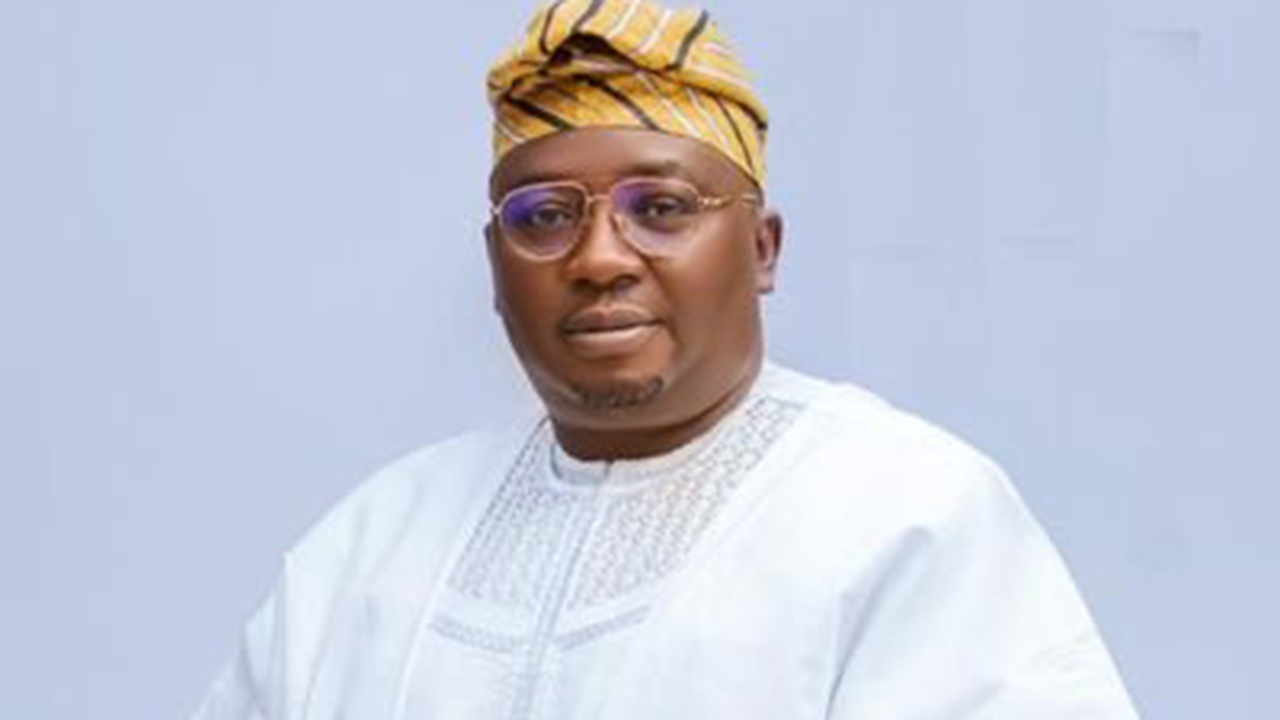The Federal Government of Nigeria has announced a bold new plan to restructure underperforming electricity Distribution Companies (DisCos), aiming to improve service delivery and attract investment into the power sector. This comes at a time when the Ibadan Electricity Distribution Company (IBEDC) is facing legal battles over a disputed ownership transfer.
Why the Overhaul?
According to the Minister of Power, Adebayo Adelabu, many of Nigeria’s DisCos are struggling financially and failing to meet service expectations. Most of them cannot secure loans from banks or invest in critical infrastructure needed to improve electricity supply across the country.
To address this, the government is considering the following steps:
-
Setting minimum capital requirements for DisCos to ensure only financially viable companies operate.
-
Franchising underperforming feeders to attract technical partners and boost efficiency.
-
Selling off five DisCos currently managed by banks and AMCON to qualified and reputable power operators.
These reforms are part of a broader strategy to make Nigeria’s electricity sector more reliable and investor-friendly.
Legal Drama: IBEDC in the Spotlight
While reforms are underway, the IBEDC is caught in a heated ownership dispute. A Federal High Court in Lagos has issued an interim injunction stopping the transfer of 50% equity shares in IBEDC. This follows a lawsuit filed by 86 Gardens Limited against Archlight Nigeria Limited.
According to 86 Gardens, Archlight failed to complete a Share Sales Agreement and attempted to take over the company unlawfully. However, Archlight has denied the allegations and insists it legally owns the shares in question. The court has scheduled a hearing for May 16, 2025, to resolve the matter.
What This Means for Nigerians
The ongoing reforms could mark a turning point for Nigeria’s power sector if implemented effectively. Improved investor confidence, better infrastructure, and clearer ownership structures could lead to more stable electricity supply for homes, businesses, and institutions—including schools and universities.
However, the situation at IBEDC shows that legal and administrative hurdles remain a significant challenge.
Stay Informed
Want updates on Nigeria’s power sector and other key national developments? Bookmark our site and follow us for regular insights!
Join our Whatsapp channel to stay updated always!


